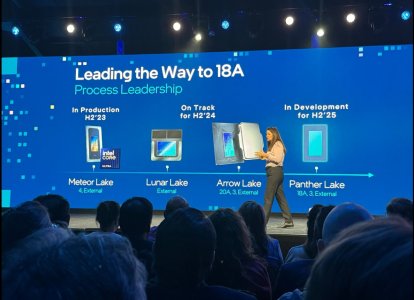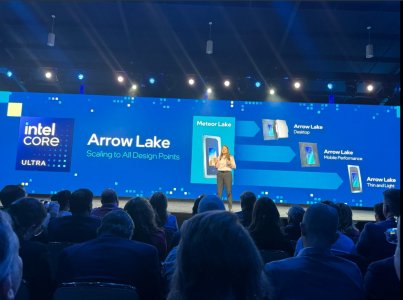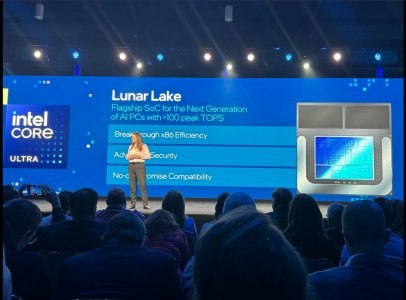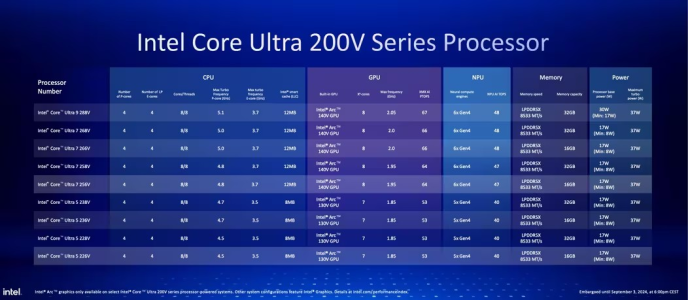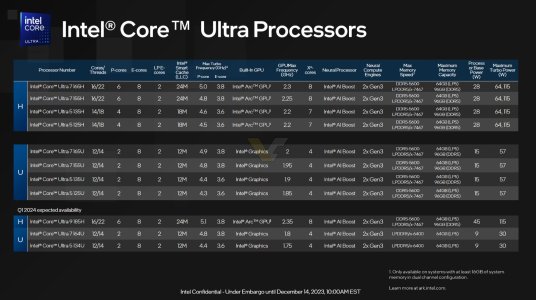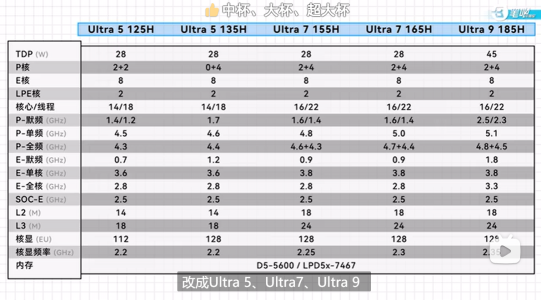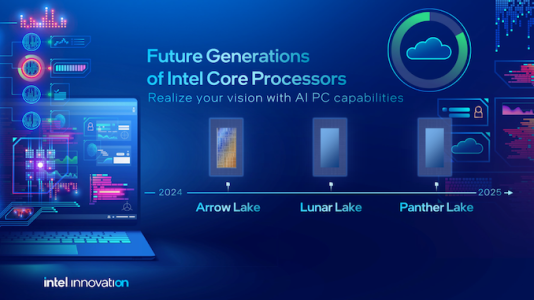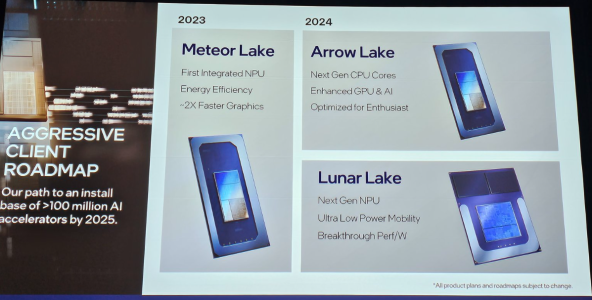Zen 5
• Major architecture upgrade
• Minor node upgrade (N5P -> N4P)
Arrow Lake
• Major architecture upgrade (Lion Cove/Royal Core)
• Major node upgrade (Intel 7 -> 4 -> 20A)
Arrow Lake is getting 2 Major node jumps from Intel 7 (RPL) to Intel 20A- with GAAFETs and PowerVia to boot.
I was thinking Arrow Lake might beat Zen 5's performance but lose out on efficiency. But then the realisation that Arrow Lake is getting a jump of 2 Major nodes, completely changed my perspective. Now I am thinking Arrow Lake has the potential to not just match Zen 5 in performance/efficiency, but also beat it in those aspects.
Well, Intel 7 being a very mature node (10+++++ or 10 followed by
literally 5 pluses) has a higher Fmax. It clocks really really high (like > 6 GHz).
20A being a new node might not clock well and might actually have Fmax regression. Imho, 20A may not clock well above 5 GHz since it's the first iteration (maybe 5.1 or 5.2 at best considering history). That is, given the
exact same architecture, a CPU going from Intel 7 directly to 20A might experience around 15% to 20% performance regression. Sad but true.
But 20A offers very high PPW over Intel 7. So, given the same architecture, a CPU going from Intel 7 directly to 20A will get a solid efficiency boost of up to 60% due to the node jump alone.
(source: AnandTech)
The performance uplift we can look forward in ARL is gonna come from the new LNC architecture rather than the node jump. In fact, if 20A doesn't clock well, then LNC has to bring in a ton of performance uplift just to compensate for the loss in performance due to lower Fmax.
Bottom line, in desktops, it looks very likely that ARL is set to comfortably beat the previous gen (RPL-R) and the competition (Zen 5) in power efficiency by a wide margin. But, beating the previous gen or the competition in performance is an uphill task. And considering RPL-R & Zen 5 are both supposed to be top performers, ARL beating them in performance in desktops with lower boost clocks is a very big question. LNC can't be THAT good!
But on the mobile side, where ~5 GHz clocks are the norm, ARL might kick ass! As there won't be any clock regression there. Might beat the previous gen and the competition in power efficiency by a wide margin and in performance by a decent margin.
